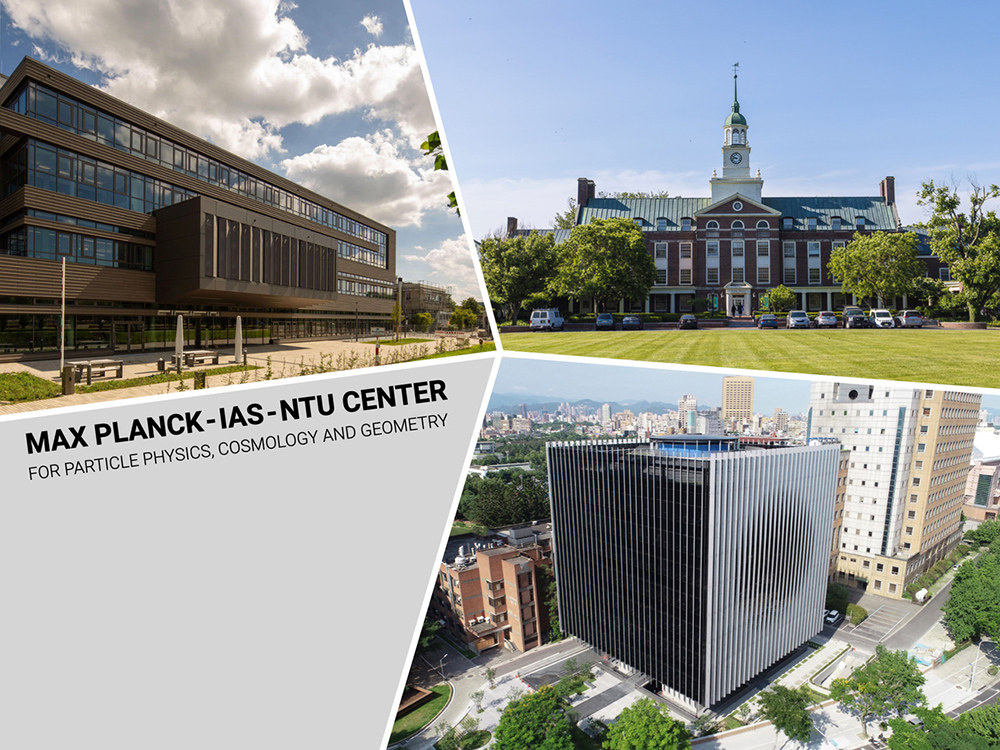
A Distinguished Global Research Center Established at NTU under Trilateral Cooperation
瀏覽器版本過舊,或未開啟 javascript
請更新瀏覽器或啟用 javascript
Spotlights
HLJ1 protein, which can be induced when macrophages are stimulated with lipopolysaccharide (LPS), helps the conversion of high-molecular-weight (HMW) misfolded IL-12p35 homodimers to IL-12p35 monomers. Bioactive IL-12p70 heterodimers, composed of IL-12p35 and IL-12p40 subunits, are released into the circulation by macrophages and thereby stimulates natural killer (NK) cells. Eventually, activated NK cells in the liver and spleen release IFN-γ in sufficient quantities to lead to organ damage and even death during sepsis.
Sepsis is a life-threatening disease due to organ dysfunction caused by a dysregulated host response to infection. In intensive care patients, sepsis is the single most encountered cause of death. Despite the development of novel treatments in recent years including direct antagonism of cytokines, the mortality rate remains high. It is believed that the imbalance of immune regulation is one of the main cause of organ failure and septic shock. However, the complex immune modulation has made related investigation difficult.
The study from Dr. Kang-Yi Su’s group (Department of Clinical Laboratory Sciences and Medical Biotechnology, College of Medicine, National Taiwan University) published on eLife identifies a heat shock protein 40, HLJ1, has emerged as a key factor in both innate and adaptive immunity. During lipopolysaccharide (LPS)-induced endotoxic shock, HLJ1 deficient mice shows reduced organ injury and IFN-γ (interferon-γ) dependent mortality.
By single-cell RNA sequencing technology, Dr. Su characterizes liver nonparenchymal cell populations under LPS stimulation and show that HLJ1 deficiency affected IFN-γ-related gene signatures in distinct immune cell clusters. HLJ1 deficiency also leads to reduced serum levels of IL-12 in LPS-treated mice contributing to dampened production of IFN-γ in natural killer cells but not CD4+ or CD8+ T cells, and subsequently to improved survival rate.
Adoptive transfer of HLJ1-deleted macrophages into LPS-treated mice results in reduced IL-12 and IFN-γ levels and protects the mice from IFN-γ-dependent mortality. In the context of molecular mechanisms, HLJ1 is an LPS-inducible protein in macrophages and converts misfolded IL-12p35 homodimers to monomers, which maintains bioactive IL-12p70 heterodimerization and secretion followed by massive IFN-γ production in NK cells.
The first author of this study, Dr. Luo Wei-Jia said, “our study showed that HLJ1 may serve as a molecular target for the development of novel antisepsis or immunomodulatory therapies.” So far, neither antibodies nor small molecules inhibiting HLJ1 expression has yet been developed. Identification of novel potential drugs for HLJ1 modulation is still under investigation in Dr. Su’s group for future applications.
Click the link to read the article: https://elifesciences.org/articles/76094

A Distinguished Global Research Center Established at NTU under Trilateral Cooperation
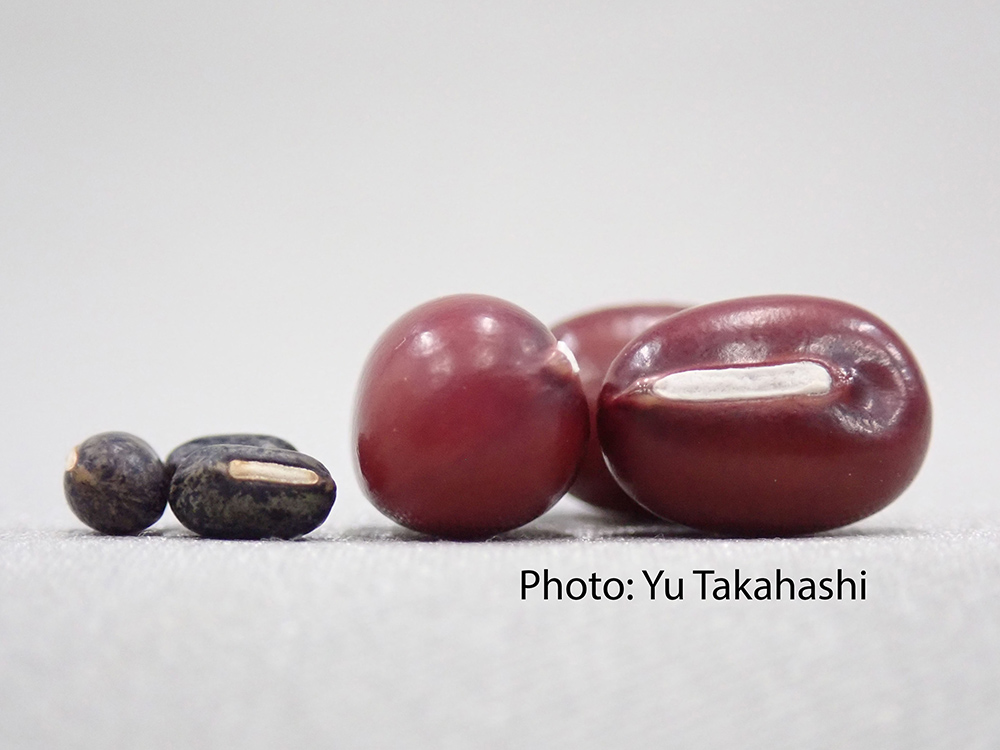
Collaborative study between NTU and Japan uncovers the origin of Adzuki Beans and agriculture in Japan
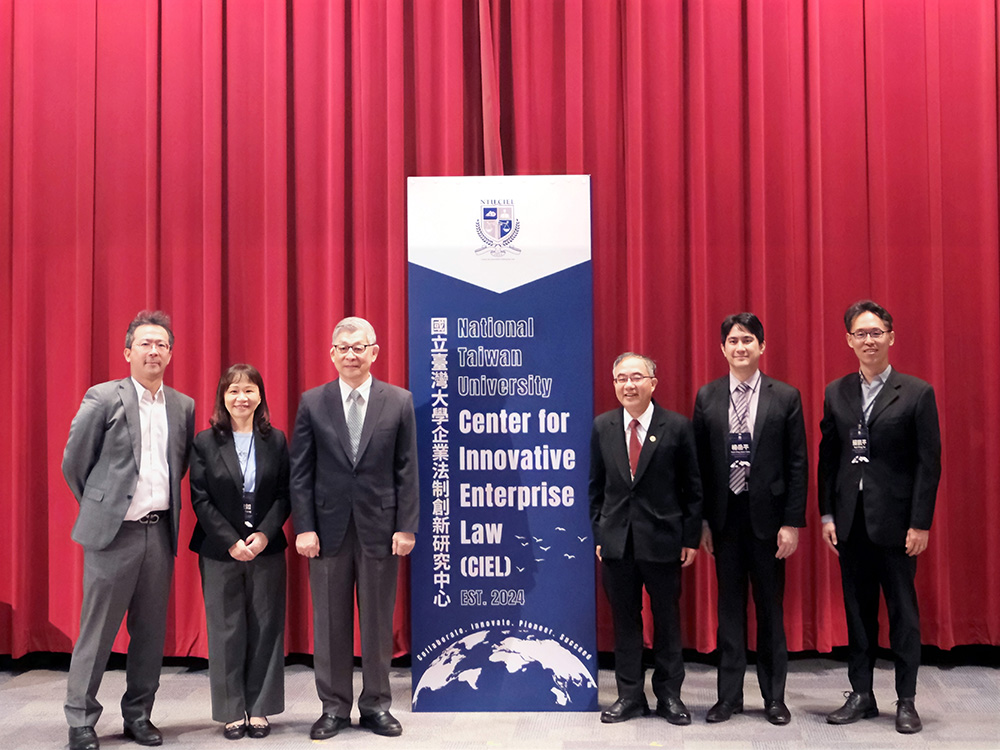
NTU Launches Center for Innovation in Enterprise Law—with Forum Highlighting Trump’s Policy and Legal Shifts Amid Geopolitical Tensions
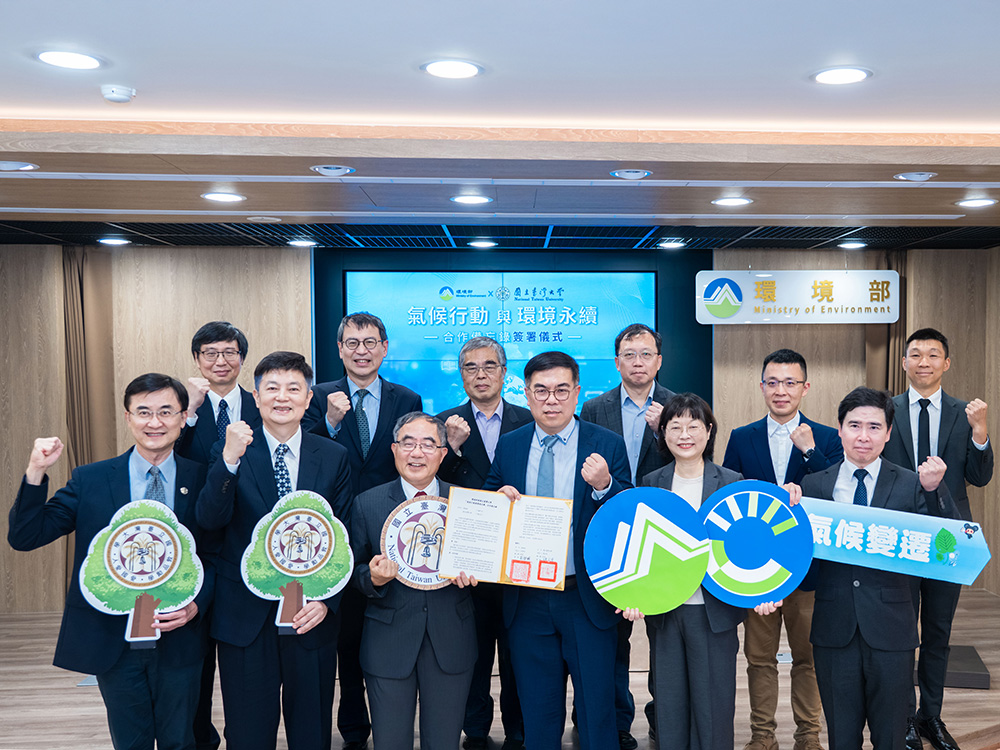
NTU and Ministry of Environment Sign MOU to Advance Net-Zero Transition and Environmental Resilience
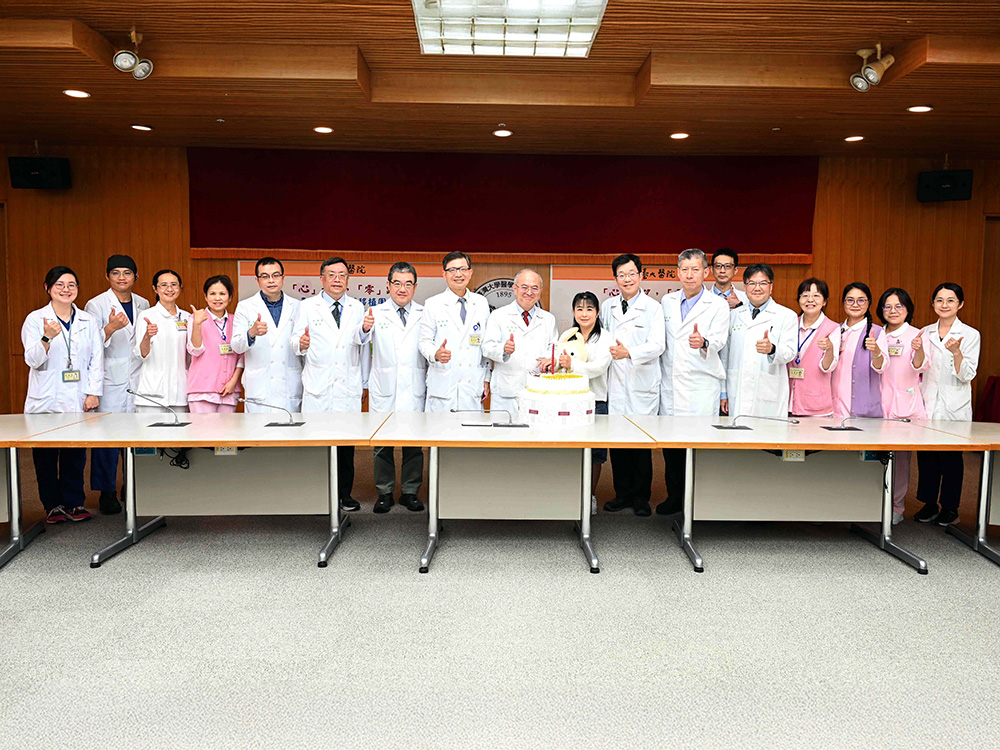
NTU Hospital’s Cardiac Transplant Team Pioneers Beating Heart Transplant with Zero Ischemic Time
Current Spotlights